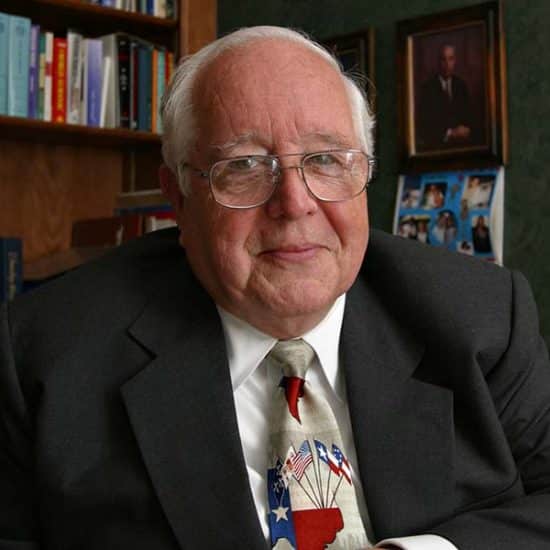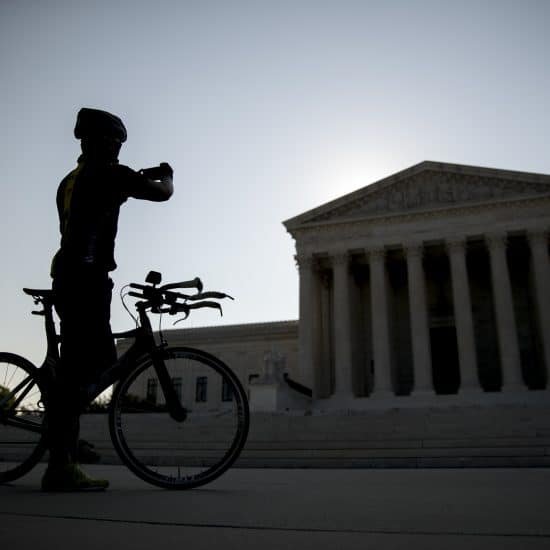By Vicki Brown, Word&Way News Writer
Five Missouri Baptist Convention-related entities are seeking a rehearing of a recent appeal that returned an ongoing lawsuit against them to a lower court.
Lawyers for The Baptist Home, Windermere Baptist Conference Center, Missouri Baptist University, Word&Way and the Missouri Baptist Foundation filed a request for rehearing with the Missouri Court of Appeals, Western District, on June 15.
The appellate court could withdraw its opinion and issue a revised one. It also could allow the attorneys to reargue the case at the appellate level, or the court could deny the request. The court has no deadline by which it must respond.
In a preliminary opinion issued on May 31, a three-judge appellate panel reversed Cole County Circuit Court Judge Thomas Brown's March 24, 2004, decision to dismiss legal action against the five institutions.
The June 15 motion asks the appellate court to modify its May 31 opinion to correct issues defense attorneys indicate the court overlooked or misinterpreted.
The agencies had until June 15 to request the hearing. At the same time, the entities also filed a request for the case to be transferred to the Missouri Supreme Court should the Appeals Court decide against granting a rehearing.
If the appellate court turns down both requests, the entities themselves can ask the Supreme Court to consider the case.
In 2000 and 2001, the five institutions changed their charters to allow each entity to elect its own trustees. In the past, the convention had elected board members. The Executive Board and six affiliated churches filed legal action against the five agencies on the convention's behalf in August 2002.
The six churches include Springhill Baptist Church, Springfield; Oakwood Baptist Church, Kansas City; Concord Baptist Church, Jefferson City; and First Baptist churches of Branson, Bethany and Arnold.
In his March decision, Judge Brown ruled the plaintiffs did not have standing — the legal right — to file a lawsuit on the convention's behalf.
In the motion for rehearing, entity attorneys argue that the appeals court misinterpreted Missouri law governing unincorporated associations. They note that the court was correct in finding that the Executive Board as a corporation and the six churches do not have standing.
However, rather than upholding Judge Brown's decision, the court held that the Executive Board has the legal right to sue as a representative of the convention because it is composed of members, and members elect its officers. Entity attorneys argue that applying this "membership link" to grant the Executive Board standing disregards the board's corporate status. They note that under Missouri law, "members of the unincorporated association must be actual parties to the lawsuit, not directors of a corporation that is a party to the lawsuit."
Based upon MBC governing documents, both Judge Brown and the appellate court panel recognized messengers as members. However, no provision exists in the MBC governing documents that requires Executive Board members to be messengers to an annual meeting.
Because no such requirement exists, the Executive Board could conceivably be composed of members who were not messengers, according to the defendants' request.
Agency attorneys also challenge the appellate court's interpretation of a 1935 Missouri Supreme Court decision.
In that case, the MBC (then known as the Missouri Baptist General Association) successfully argued that it could not be sued because the convention existed only during its once-per-year, two- or three-day annual session. The power of the association itself and of its members ended at the conclusion of the annual meeting, the convention argued.
In the current case, MBC attorneys have argued that while messengers only meet once each year, the convention exists through the Executive Board.
In a footnote to its May 31 opinion, the appellate court discounted the 1935 ruling and said the current MBC constitution "indicate[s] a perpetual organization."
The appellate panel has no basis for that conclusion, the institutions' lawyers note in the request. They point out that the convention's constitution has remained substantially unchanged since 1935.






